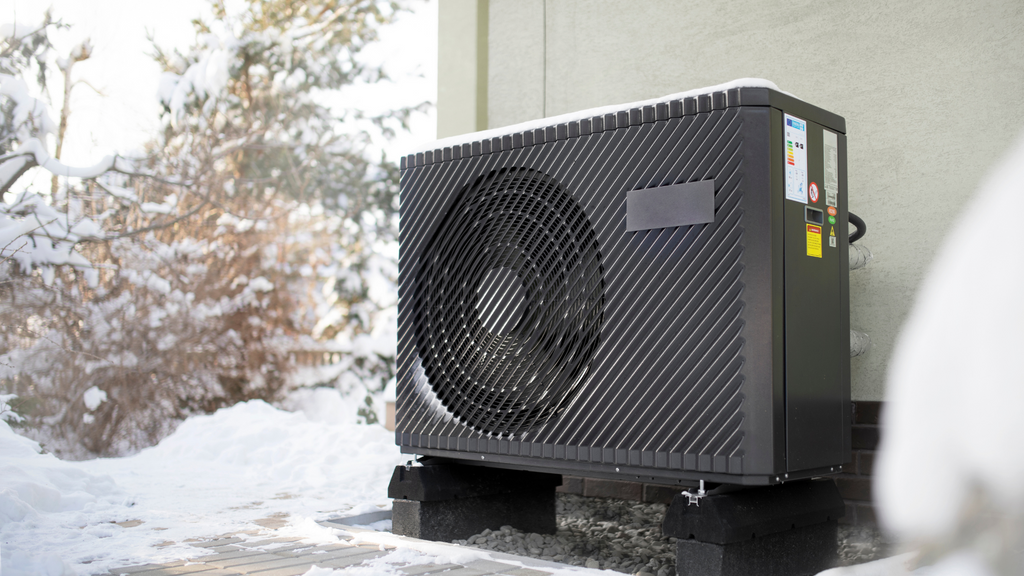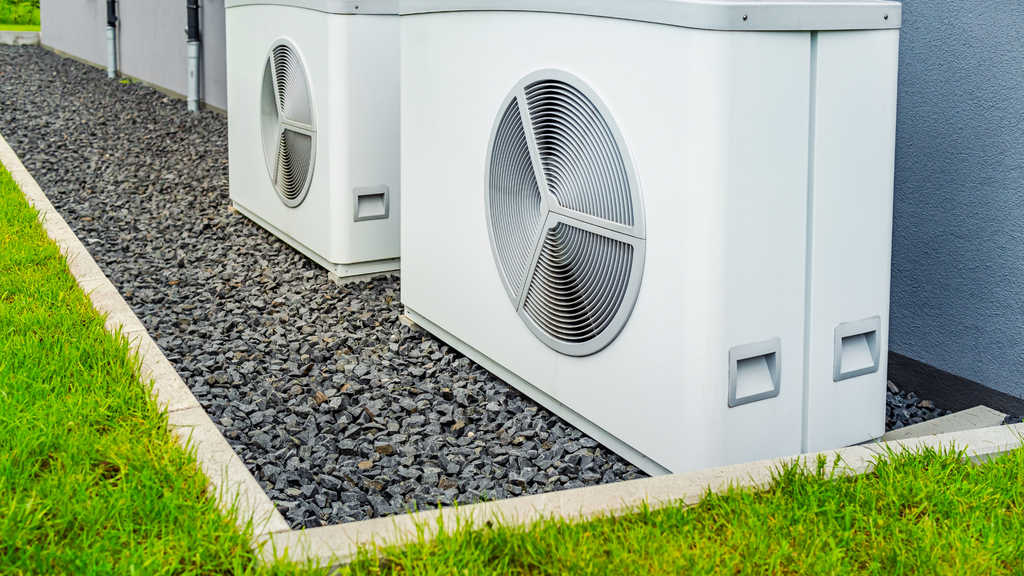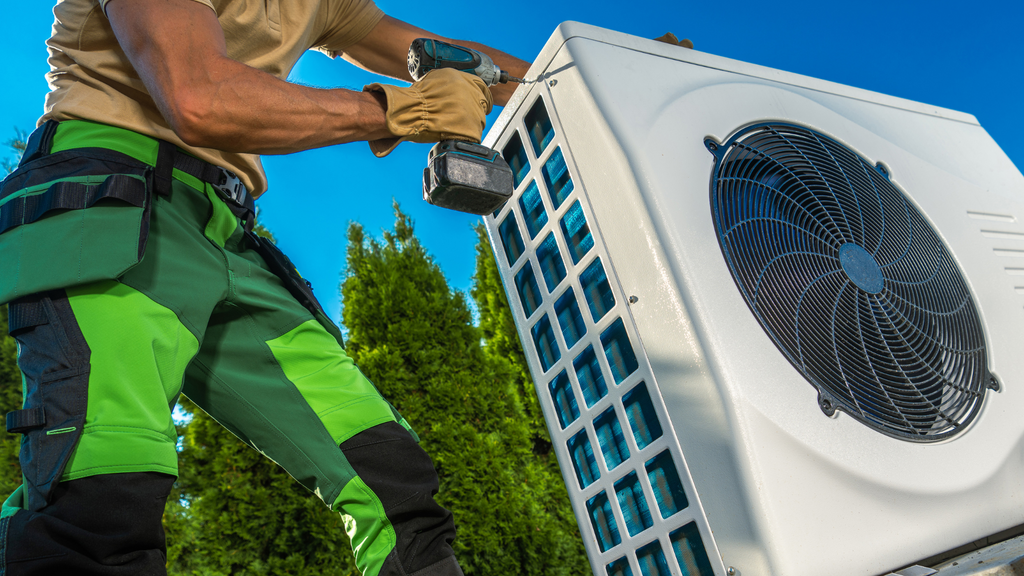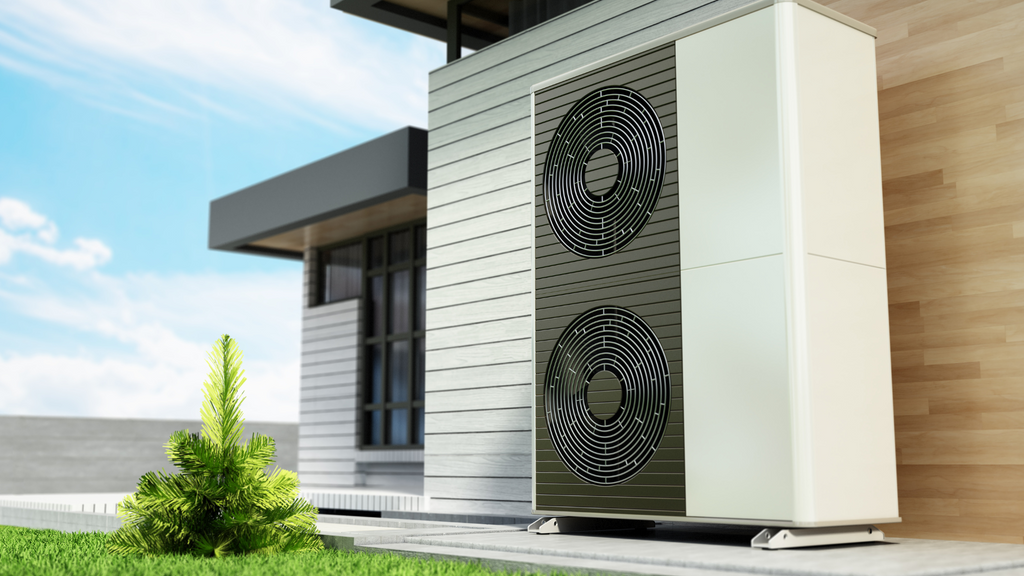Heat pumps are becoming increasingly popular in the UK as a sustainable and efficient way to heat homes. In this blog post, we will provide a brief introduction to heat pumps, explaining how they work and their benefits. Whether you are considering installing a heat pump or simply curious about this technology, read on to learn more.

What is a Heat Pump?
A heat pump is a device that transfers heat from one place to another using a small amount of energy. It works by extracting heat from the air, ground, or water and then transferring it to a different location, such as a building. Heat pumps can be used for both heating and cooling purposes, making them versatile and suitable for various climates.
How Does a Heat Pump Work?

Heat pumps work on the principle of thermodynamics. They use a refrigerant, which is a special fluid that can change between liquid and gas states at low temperatures. The heat pump consists of an evaporator, compressor, condenser, and expansion valve. Here's a simplified explanation of how it works:
- The evaporator absorbs heat from the air, ground, or water, turning the refrigerant into a gas.
- The compressor then compresses the gas, increasing its temperature.
- The hot gas flows into the condenser, where it releases heat to the desired location, such as a building.
- The refrigerant, now in a liquid state, passes through the expansion valve and returns to the evaporator to repeat the cycle.
Benefits of Heat Pumps
Heat pumps offer several advantages over traditional heating systems:
- Energy Efficiency: Heat pumps are highly efficient, as they transfer heat rather than generate it. This can result in significant energy savings and lower utility bills.
- Environmental Friendliness: Heat pumps produce fewer greenhouse gas emissions compared to fossil fuel-based heating systems, making them a greener choice.
- Year-Round Comfort: Heat pumps can provide both heating and cooling, ensuring a comfortable indoor environment throughout the year.
- Long Lifespan: With proper maintenance, heat pumps can last for 15-20 years, making them a durable investment.
How will heat pumps affect regular consumers?

Heat pumps offer several benefits for regular consumers. Firstly, they are highly energy-efficient, with some models capable of producing up to 400% more energy than they consume. This can lead to significant cost savings on energy bills, especially in the long run. Additionally, heat pumps produce lower carbon emissions compared to traditional heating systems, making them more environmentally friendly.
However, it's important to note that heat pumps require an initial investment, as they can be more expensive to install compared to conventional boilers. The cost of installation may vary depending on factors such as the size of your property and the type of heat pump you choose. Despite the upfront cost, many consumers find that the long-term savings and environmental benefits outweigh the initial expense.
Positives and negatives of heat pumps
There are several positives to consider when it comes to heat pumps. As mentioned earlier, they are highly energy-efficient, which can result in significant savings on heating and cooling costs. Heat pumps also provide consistent heating throughout your home, eliminating cold spots and drafts.
On the other hand, there are a few potential drawbacks to be aware of. Heat pumps require electricity to operate, so if your electricity supply is unreliable or expensive, it may impact the overall efficiency and cost-effectiveness of the system. Additionally, heat pumps may not be suitable for all types of properties, especially those with limited outdoor space or poor insulation.
The situation in 2024 and beyond
In the UK, the government has set ambitious targets to reduce carbon emissions and combat climate change. As part of this effort, they have announced plans to phase out the installation of new gas boilers in new homes by 2025. This means that heat pumps and other low-carbon heating systems will play a crucial role in meeting these targets.
Looking ahead to 2024 and beyond, we can expect to see a greater emphasis on heat pump technology in the UK market. The government is likely to introduce incentives and grants to encourage more consumers to adopt heat pumps, making them a more accessible and affordable option. As technology continues to advance, we can also anticipate improvements in heat pump efficiency and performance.

Conclusion
Overall, heat pumps offer a promising solution for heating and cooling homes in the UK. With their energy efficiency, environmental benefits, and the government's support, they are set to become an increasingly popular choice for consumers in the coming years.
Don't forget to to subscribe to our mailing list!
Should you require any more information or would like to request quotes on bespoke radiators, bath panels, bathroom furniture, showers or other plumbing essentials, contact the experts at Plumbhub.
Also, check our previous helpful blog articles: bleeding radiators, the importance of shower trays, and our guide to bath panels.


